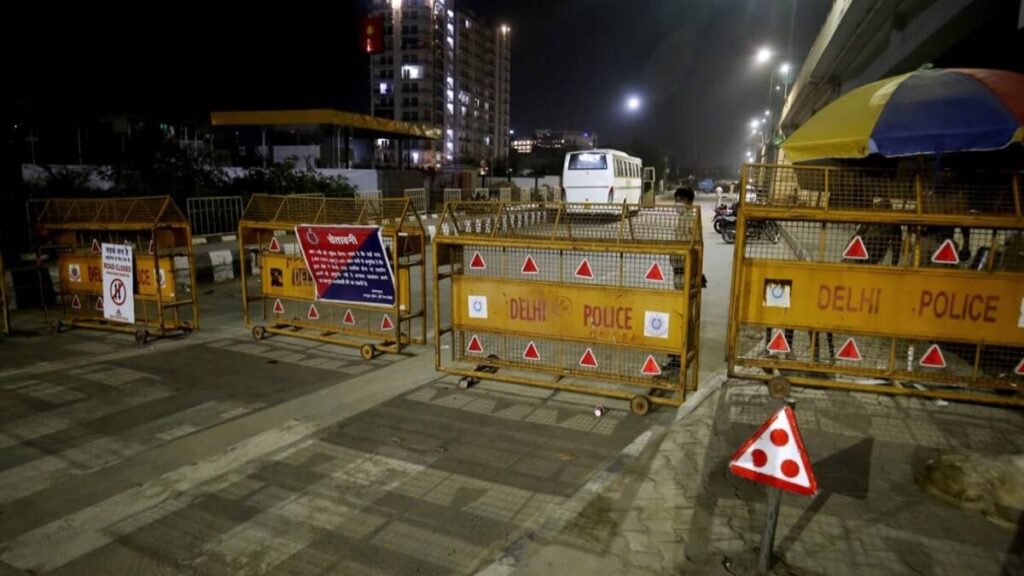Omicron: India imposes a curfew in Delhi. Cases of covid are on the rise

Image credit: NewsX
India is preparing for the third wave of coronavirus as infections rise in the country’s two major cities, the capital Delhi and the financial centre Mumbai.
On Wednesday, India recorded 58,097 cases, a six-fold increase in a week, which scientists attributed to the Omicron type. According to Satyendar Jain, Delhi’s health minister, 81 per cent of Covid samples in the city tested positive for Omicron.
The rising infection rates are a sombre reminder of India’s terrible second wave in April and May, which saw daily averages of almost 400,000 cases at their peak.
Patients were left gasping for breath as hospitals around the country ran out of beds and life-saving oxygen. One of the severely hit cities was Delhi. Individuals were obliged to arrange mass funerals in open settings because crematoriums were overcrowded.
Caseloads eventually decreased, and for many months, the national total stayed considerably below 10,000 cases per day.
As the number of instances increases, state governments are re-enforcing regulations. According to preliminary statistics, fewer people infected with Omicron require hospital treatment than those infected with other strains.
Delhi officials announced a weekend curfew on Tuesday, prohibiting any non-essential activity between Friday night and Monday morning.
The city’s chief minister, Arvind Kejriwal, tested positive and said he was isolated with moderate symptoms, prompting the weekend curfew decision.
Thousands of people, many of whom were not wearing masks, attended similar demonstrations in Punjab and Uttar Pradesh in recent weeks, including Prime Minister Narendra Modi.
Despite the increase in cases, the Election Commission stated last week that this year’s elections may not be postponed.
While Mr Modi has stated that prophylactic dosages will be given to frontline employees and people over the age of 60 with comorbidities beginning on January 10, the Indian government has yet to specify booster doses.
Since the vaccination programme began in January 2021, over 63 per cent of India’s eligible individuals have been fully vaccinated, and more than 90 per cent have received at least one injection. Coronavirus has been linked to more than 34 million illnesses and 482,000 deaths in India, although researchers believe the true toll is significantly greater.
